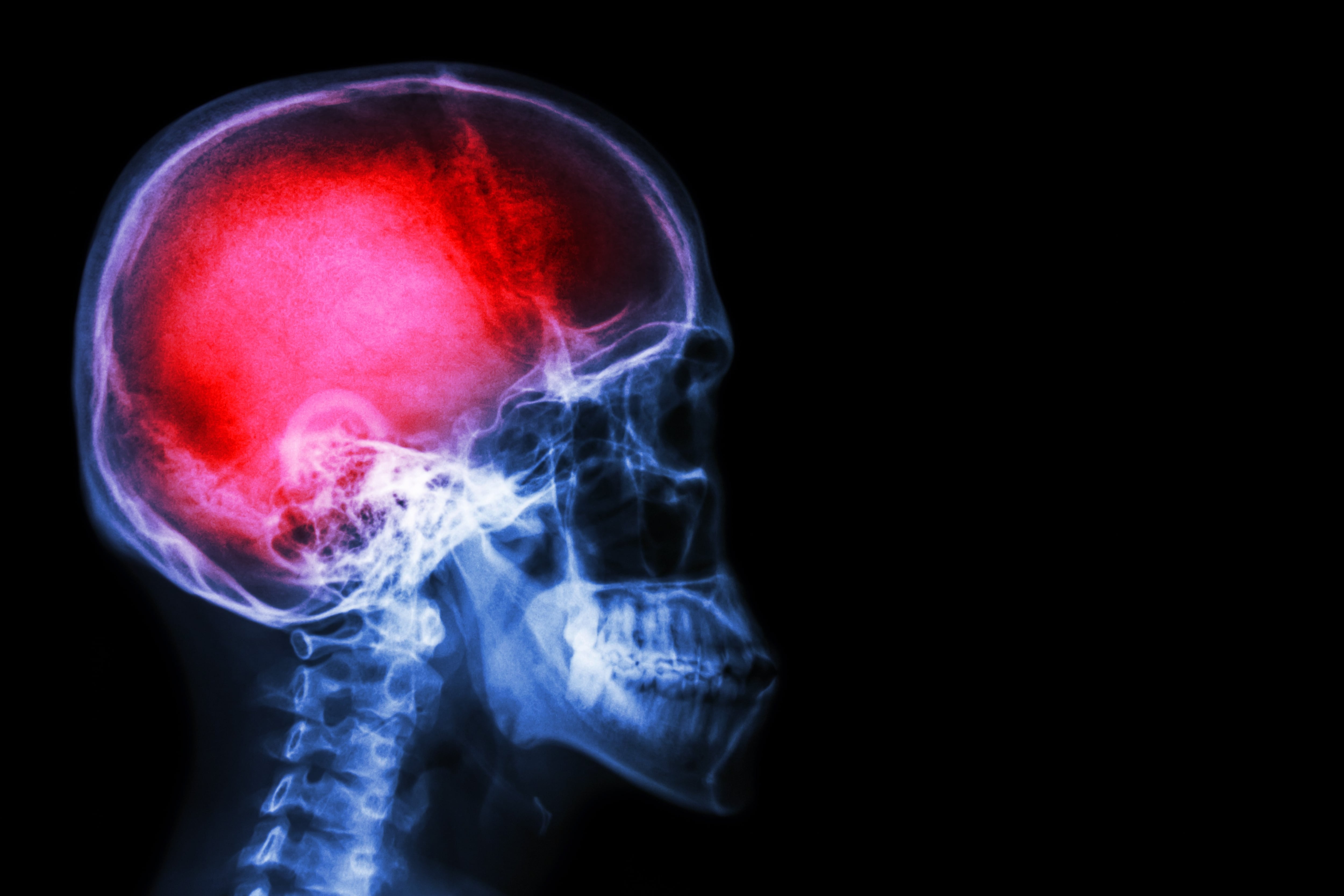Recent Army-funded research shows that troops exposed to military explosive shockwaves are at a higher risk for developing Alzheimer’s disease – even if they didn’t receive a traumatic brain injury from the blast.
The U.S. Army Combat Capabilities Development Command, the Army Research Lab, National Institutes of Health and researchers at the University of North Carolina at Pembroke have uncovered the link, according to an Army statement.
“This finding may explain those many blast-exposed individuals returning from war zones with no detectable brain injury, but who still suffer from persistent neurological symptoms, including depression, headaches, irritability and memory problems,” said Dr. Gen Bahr, the William C. Friday distinguished professor of molecular biology and biochemistry at UNC-Pembroke.
RELATED

The neurological complications from blast incidents without a TBI symptom or diagnosis may be “rooted in distinct alterations to the tiny connections between neurons in the hippocampus,” according to the statement.
The hippocampus is a part of the brain particularly involved in social behavior and encoding memories.
The research was published recently in “Brain Pathology,” the medical journal of the International Society of Neuropathology.
“Blasts can lead to debilitating neurological and psychological damage, but the underlying injury mechanisms are not well understood,” said Dr. Frederick Gregory, program manager, Army Research Office. “Understanding the molecular pathophysiology of blast-induced brain injury and potential impacts on long-term brain health is extremely important to understand in order to protect the lifelong health and well-being of our service members.”
Researchers took slices of hippocampus from a rat’s brain and exposed the living tissue to controlled blast waves. The exposure led to selective reductions in parts of the brain necessary for memory, and electrical activity from those neuronal connections was sharply diminished, according to the statement.
Those findings indicated Alzheimer’s-type effects in the brain without the recognizable brain damage that is present with TBI.
While blast exposure is not a guarantee of developing Alzheimer’s disease, the new research indicates that such exposure does present an “increased risk” of developing the condition.
“Early detection of this measurable deterioration could improve diagnoses and treatment of recurring neuropsychiatric impediments and reduce the risk of developing dementia and Alzheimer’s disease later in life,” Bahr said.
Todd South has written about crime, courts, government and the military for multiple publications since 2004 and was named a 2014 Pulitzer finalist for a co-written project on witness intimidation. Todd is a Marine veteran of the Iraq War.





